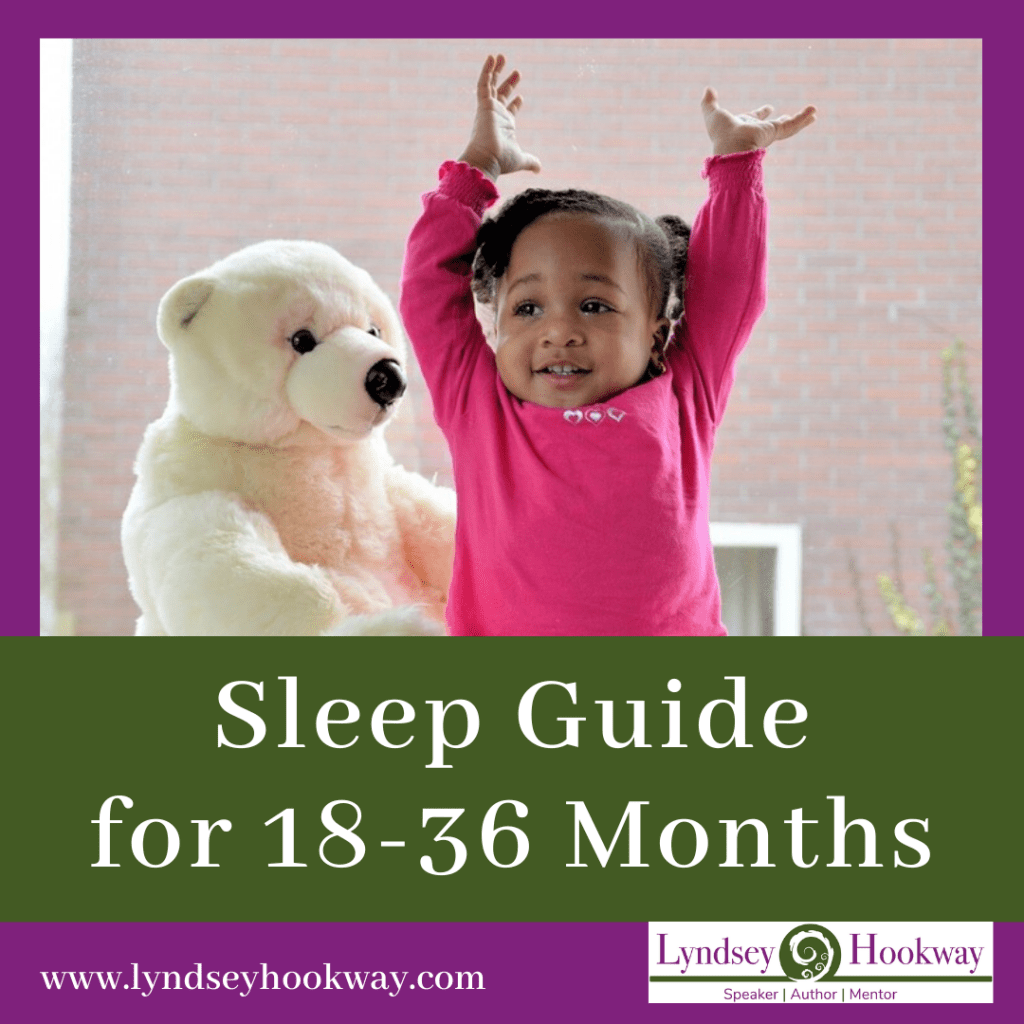I get asked about sleep every day by parents, and professionals. Sleep help isn’t just for parents of babies. Many toddlers are also wakeful at night, and in case you felt like you were alone – trust me, you’re not. I LOVE connecting with people, but with the best will in the world, I can’t always respond as fully as I would like, when I get so many enquiries. The only way I can give you all the full answer that I know you need and deserve, is to create a comprehensive guide for you. So that’s exactly what I’ve done. In this handbook, Sleep Guide for 18-36 Months, you’ll have a digital version of my support, on demand! Hooray! Here’s what it covers:
How sleep works, including:
- Your toddler’s body clock
- How to understand and use sleep pressure to support sleep
- Individual sleep needs
- Sleep cycles
- What we really mean by ‘self-soothing’
- Normal amounts of sleep at different ages
How to help your toddler’s sleep:
- Easy changes
- Understanding the myths and confusions of ‘overtiredness’
- Bedtime routine
- How to love bomb your child to better sleep
- Understanding the love languages
- How activity and exercise can be a game changer
- How to know if an underlying problem is messing with your little one’s sleep
- Why YOU and your mental health are just as important
Some specific toddler issues:
- Limits and boundaries within gentle parenting
- Behaviour and emotional intelligence
- Separation anxiety
- Routines and predictability
- Choices, responsibility and team work
- Self esteem and confidence
Sleep tools to use with toddlers, including:
- Floor beds
- Dealing with very long bedtimes
- Managing anxiety
- Maintaining connection
- Dealing with nightmares
- Helping children cope with brief separation
Troubleshooting:
- My toddler is wired at bedtime
- Night weaning
- My little one is sensitive
- My toddler is cranky when they wake from a nap
- When to drop naps
- Reluctant nappers
- Short naps
- Early rising
- Frequent night waking
- Moving on from contact naps or bedsharing with love
- ‘Fighting’ sleep
- Waking for 1-2 hours in the night (AKA split nights)
My hope is that this will be a really valuable, reassuring and easy to use guide for the hundreds of people who contact me needing support with sleep, but perhaps not wanting a full consultation.

